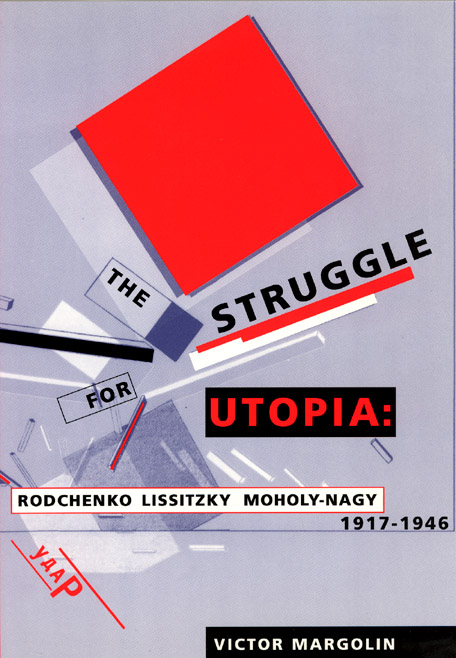
Categorii: Necatalogate, Neclasificat
Limba: Engleza
Data publicării: 1997
Editura: University of Chicago Press
Tip copertă: Paperback
Nr Pag: 276
ISBN: 9780226505169
Dimensiuni: l: 16.1cm | H: 23.2cm

Following World War I, a new artistic-social avant-garde emerged with the ambition to engage the artist in the building of social life. Through close readings of the works of Alexander Rodchenko, El Lissitzky, and László Moholy-Nagy whose careers covered a broad range of artistic practices and political situations, Victor Margolin examines the way these three artists negotiated the changing relations between their social ideals and the political realities they confronted. Focusing on the difficult relationship between art and social change, Margolin brings important new insights to the understanding of the avant-garde’s role in a period of great political complexity.
"An ambitious effort. This book puts the masters of European Modernism into perfect focus as inventors, propagators, and practitioners of a visual language that continues to hold sway over contemporary graphic style."—Steven Heller
"Worth the wait. . . . Margolin usefully presents what he calls the ’failed hope’ of this movement in this valuable effort."—Publishers Weekly